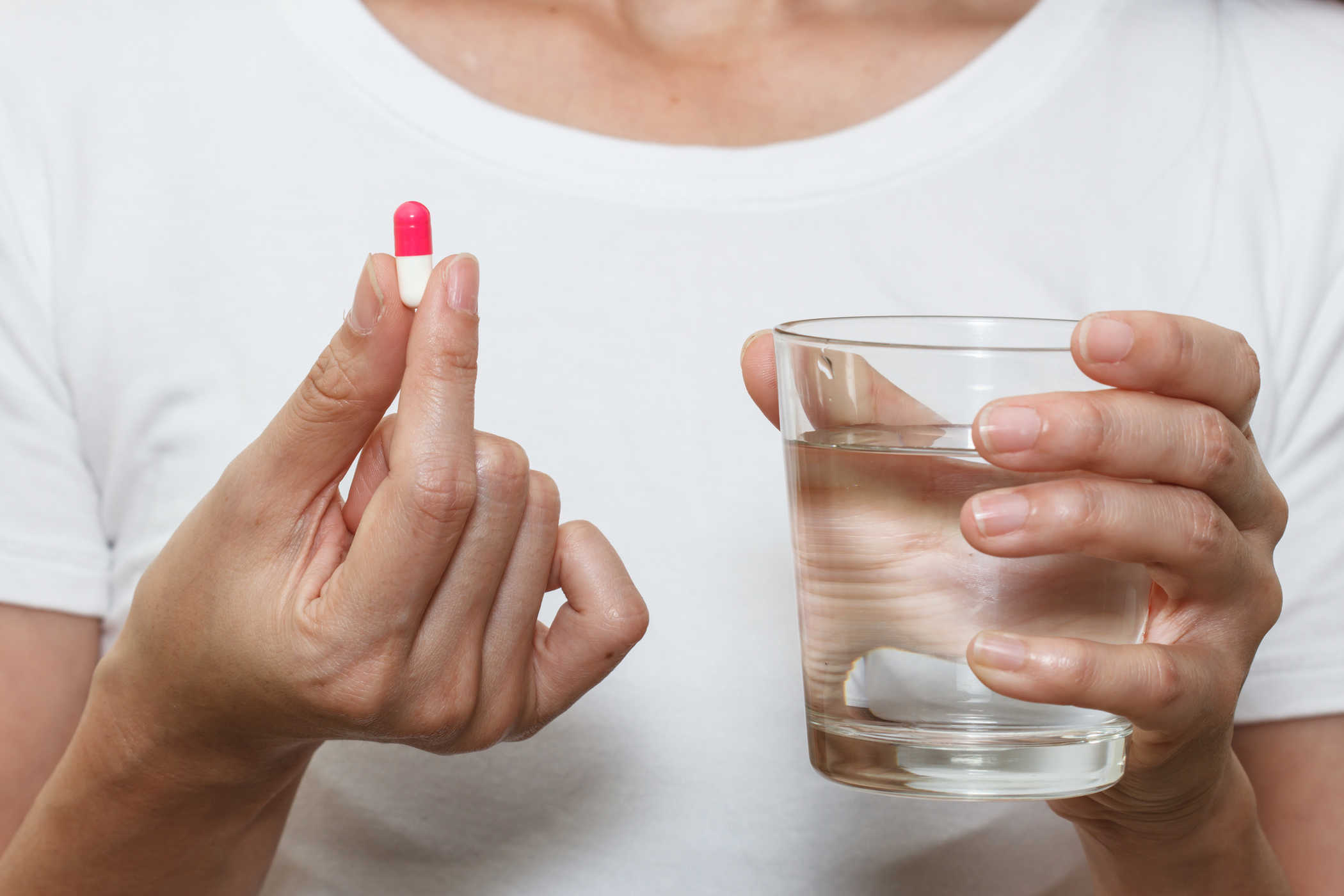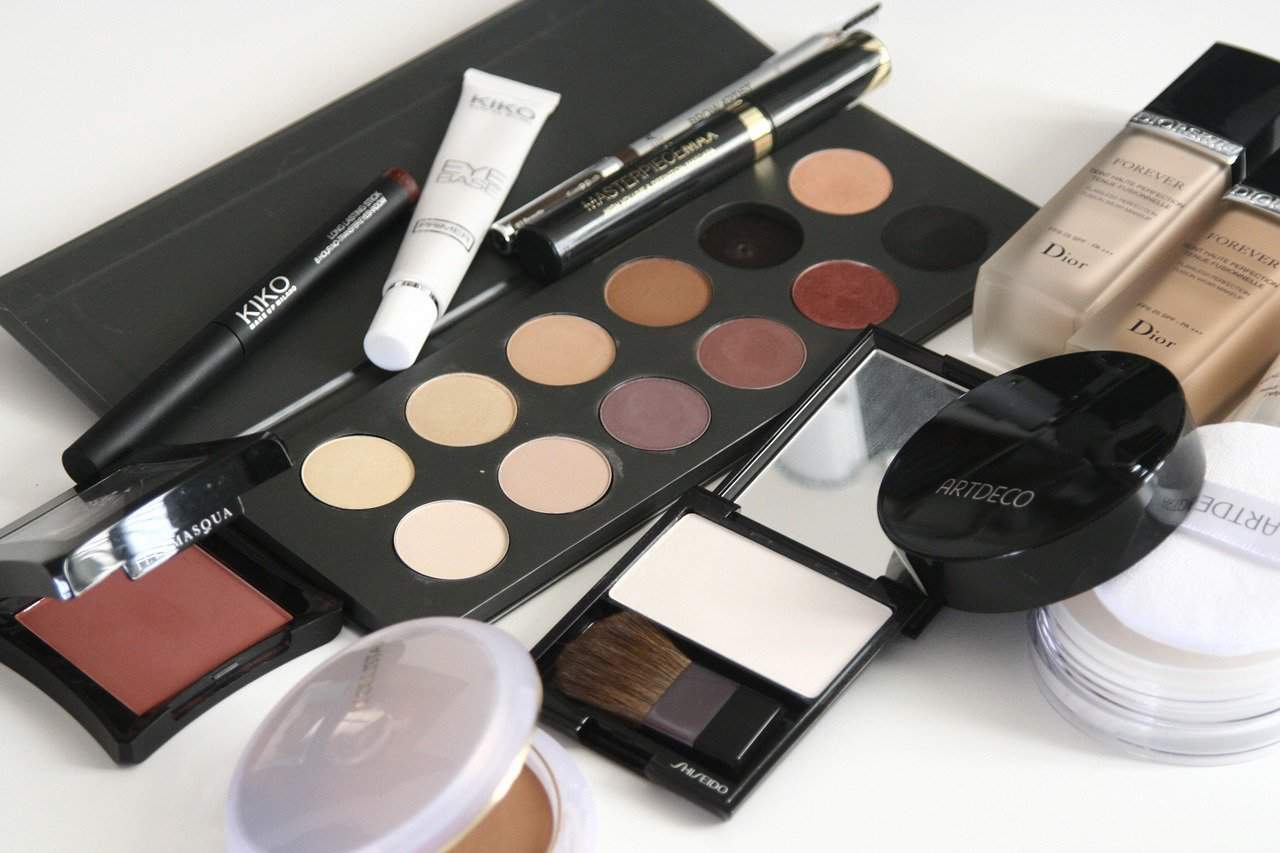Contents:
- Medical Video: Nasal Cleansing - Mayo Clinic
- What medicines are used for sinusitis?
- 1. Antibiotics
- 2. Painkillers
- 3. Decongestants
- 4. Steroids
Medical Video: Nasal Cleansing - Mayo Clinic
Sinusitis is inflammation of the sinuses in the nose. Many assume that sinusitis is a mild health disorder. But actually, if this condition is not handled properly, the infection can spread to the eyes and even the brain. Sinusitis also causes several symptoms such as facial pain, stuffy nose, coughing, and reduced sense of smell. So, usually the doctor will provide various types of sinusitis drugs. What are the sinusitis drugs?
What medicines are used for sinusitis?
1. Antibiotics
If your sinusitis is caused by a bacterial infection, the doctor will prescribe sinusitis medication with antibiotics. This antibiotic only helps deal with bacterial infections. Antibiotics do not help if your sinusitis is caused by a virus or other problem, which is not the cause of sinusitis.
Reported on the Medicinenet page, there are 5 bacteria that most often cause sinuses, namely:
- Streptococcus pneumoniae
- Haemophilus influenzae
- Moraxella catarrhalis
- Staphylococcus aureus
- Staphylococcus pyogenes
Antibiotics used such as amoxicillin (Amoxil), or amoxivillin-clavulanat (Augmentin). Amoxicilin is used as a first-line treatment for uncomplicated sinus and mild cases.
There are also other antibiotics used for people who are allergic to penicillin, such as cefalor (Ceclor), loracarbef (Lorabid), clarithromycin (Biaxin), azithromycin (Zithkromax), ciprofloxin (Cipro), and other antibiotics according to the condition of each individual doctor.
2. Painkillers
One symptom caused by sinusitis is the onset of pain, especially in the face. To overcome this, some people are given sinusitis to relieve pain, such as ibuprofen, or acetaminophen.
To use it, follow the instructions on the packaging label and do not drink it for more than 10 days. Consult your doctor to find out which pain reliever is most appropriate.
3. Decongestants
This sinusitis drug is used to relieve blocked nasal passages. This drug is available in pill form taken and a form of nasal spray. Blockage of the nasal passages occurs because mucus that blocks the nasal passages and blood vessels lining the nose becomes swollen.
Decongestants are vasoconstricted, which can make blood vessels suckle so that the nasal passages can return to relief. In addition, decongestants also work by blocking histamine, a chemical in the body that causes blood vessels to become enlarged, inflamed, or itchy.
4. Steroids
In some cases, doctors prescribe inhaled steroids to reduce swelling in the part of the sinus membrane. For cases of severe chronic sinusitis, the possibility of steroid use is done by mouth (oral). Steroids are basically used to help reduce inflammation and swelling.
Steroids used through the nose such as flucticasone (Flonase) or beclomethasone (Beconsane) are used to fight inflammation. Oral steroids are used usually to reduce large polyps.
The use of oral steroids is given in certain cases because it has serious long-term effects, such as reduced bone density and easier infection.












